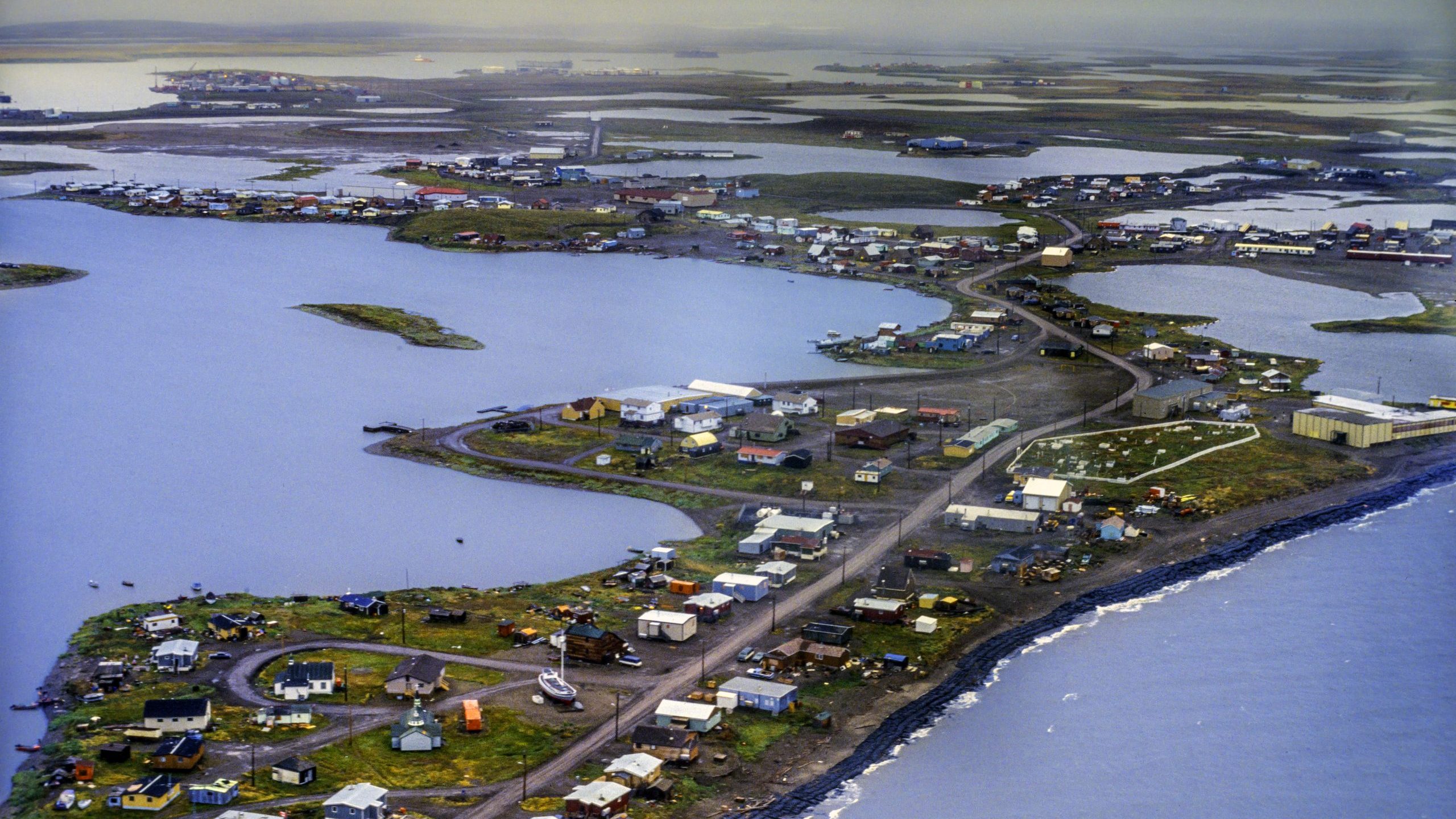The recent approval of the first compressed natural gas facility in the Northwest Territories is bringing energy security one step closer to remote and Indigenous communities in Canada’s north.
The Inuvialuit Energy Security Project (IESP), owned by the Inuvialuit Regional Corp. , will be located 16 kilometres south of Tuktoyaktuk. The project, recently approved by the Canadian Energy Regulator, will convert natural gas into compressed natural gas (CNG), propane, and diesel for the Inuvialuit Settlement region.
“The whole project is for the purpose of addressing the energy security issue that many northerners face, but particularly northerners that are at the end of a very long road,” said Inuvialuit Petroleum Corporation special advisor Kate Darling.
The natural gas will be supplied by the Tuk M-18 well, which is also owned by the Inuvialuit, and transported to local customers for power, heat, and fuel.
Currently, the region is serviced by the Inuvik Gas Project (natural gas from two wells at the Ikhil reservoir, 50 kilometres northwest of Inuvik), and by truck from the south in B.C. The Ikhil wells’ reserves are now critically low, which led to the push for the IESP. The Tuk M-18, however, is estimated to have more than 100 years’ worth of reserves.
About 200,000 people in Canada have no connection to an energy grid or natural gas distribution systems. This includes nearly 100,000 people in the northern territories.
In the Northwest Territories, refined petroleum products like diesel make up 74 per cent of end-use demand, brought in by trucks. In Inuvialuit’s case, that’s a 5,000-kilometre round trip including a ferry ride. In the past, Inuvialuit has faced potential operation disruption of the ferry service, which put the community in an emergency fuel situation.
“[The IESP] could provide long-term energy to the communities in the region, as well as reducing greenhouse gas emissions, creating long-term employment,” said Duane Ningaqsiq Smith, chair of the Inuvialuit Regional Corporation.
“It represents an Inuvialuit-led solution that takes into account the preservation of our values, advances participation in the northern and national economy, all while reducing emissions and helping preserve our local environment.”
In addition to providing energy security for remote communities, the IESP will have a significant positive impact on emissions reduction. It is estimated it will have a net reduction of around 40,000 tonnes of emissions per year, equivalent to the yearly emissions of 9,520 cars.
The project is also expected to support 25 full-time jobs and a further 35 full-time jobs within the local community.
“All in all … the M-18 will really help not just the surrounding communities of Tuk, but create a lot of jobs for locals, which is very good,” said Ryan Yakeleya, a Tuktoyaktuk councillor.
The IESP has already injected over $20 million into local businesses with over 70 Inuvialuit and Gwich’in peoples employed to date, according to the latest project update.
“IPC is committed to developing the IESP and ensuring that as much of the economic benefit and employment opportunities are offered to Inuvialuit,” said Duane Ningaqsiq Smith, IRC Chair and CEO.
The project is expected to begin producing and delivering gas to consumers by the end of 2025.
The unaltered reproduction of this content is free of charge with attribution to Canadian Energy Centre Ltd.
